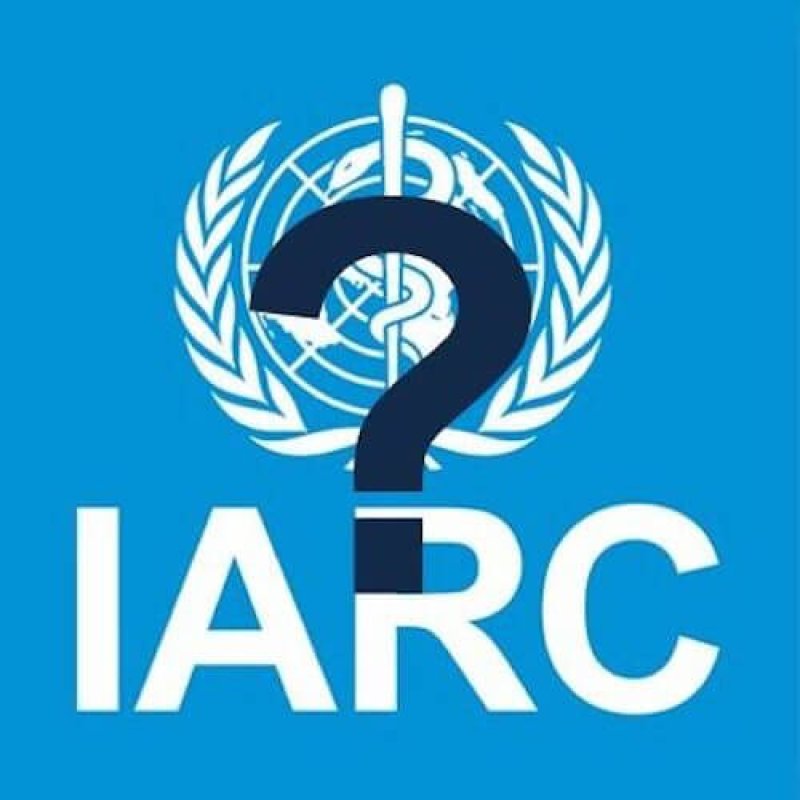The World Health Organization’s cancer agency dismissed and edited findings from a draft of its review of the weedkiller glyphosate that were at odds with its final conclusion that the chemical probably causes cancer.
Documents seen by Reuters show how a draft of a key section of the International Agency for Research on Cancer’s (IARC) assessment of glyphosate – a report that has prompted international disputes and multi-million-dollar lawsuits – underwent significant changes and deletions before the report was finalised and made public.
[Editor’s note: Read the GLP’s profile of the IARC.]
The edits identified by Reuters occurred in the chapter of IARC’s review focusing on animal studies. This chapter was important in IARC’s assessment of glyphosate, since it was in animal studies that IARC decided there was “sufficient” evidence of carcinogenicity.
One effect of the changes to the draft, reviewed by Reuters in a comparison with the published report, was the removal of multiple scientists’ conclusions that their studies had found no link between glyphosate and cancer in laboratory animals.
…
Reuters found 10 significant changes that were made between the draft chapter on animal studies and the published version of IARC’s glyphosate assessment. In each case, a negative conclusion about glyphosate leading to tumors was either deleted or replaced with a neutral or positive one. Reuters was unable to determine who made the changes.
The GLP aggregated and excerpted this blog/article to reflect the diversity of news, opinion, and analysis. Read full, original post: In Glyphosate Review, WHO Cancer Agency Edited Out ‘Non-Carcinogenic’ Findings































